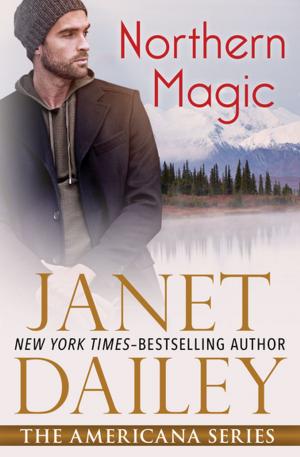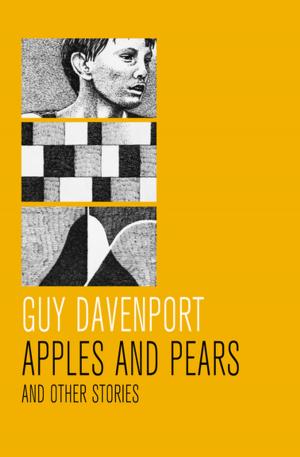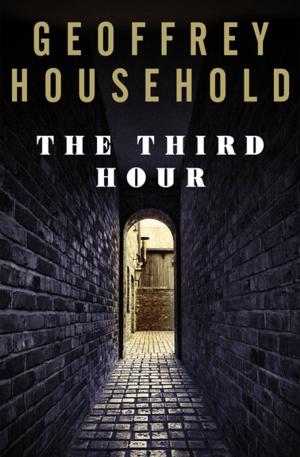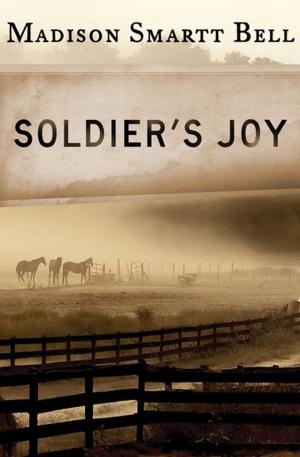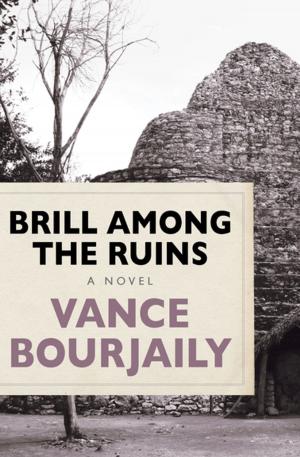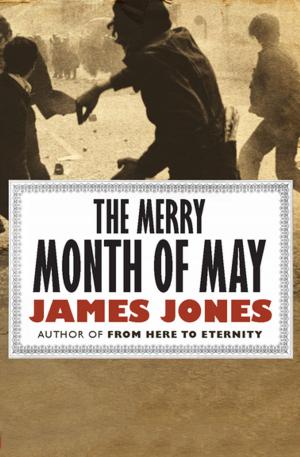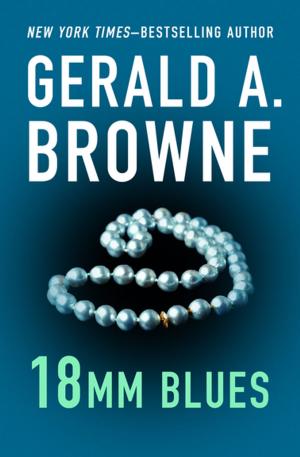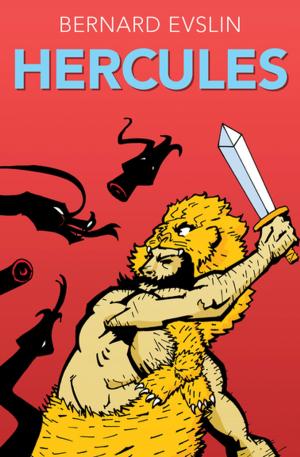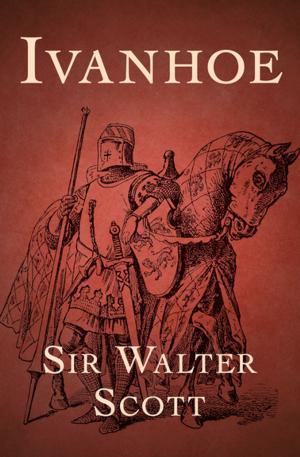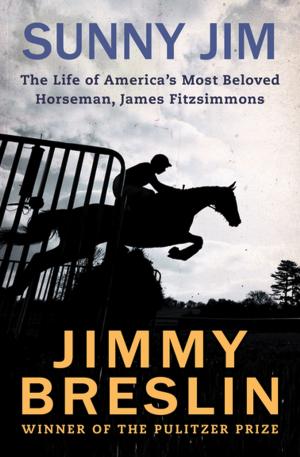The Early Years
China to Me, Hong Kong Holiday, and England to Me
Nonfiction, History, Asian, China, Biography & Memoir| Author: | Emily Hahn | ISBN: | 9781504056731 |
| Publisher: | Open Road Media | Publication: | November 6, 2018 |
| Imprint: | Open Road Media | Language: | English |
| Author: | Emily Hahn |
| ISBN: | 9781504056731 |
| Publisher: | Open Road Media |
| Publication: | November 6, 2018 |
| Imprint: | Open Road Media |
| Language: | English |
Memoirs of an exotic, unconventional life in Asia and Great Britain in the 1930s and 1940s, from a colorful, prolific New Yorker writer ahead of her time.
China to Me: A proud feminist and fearless traveler, Emily Hahn set out for China in 1935 and stayed through the early years of the Second Sino-Japanese War, wandering, carousing, living, loving—and writing. During her travels from Nanjing to Shanghai, Chongqing, and Hong Kong, where she lived through the Japanese invasion in 1941, Hahn embarks upon an affair with lauded Chinese poet Shao Xunmei; gets a pet gibbon and names him Mr. Mills; establishes a close bond with the women who would become the subjects of her bestselling book The Soong Sisters; battles an acquired addiction to opium; and has a child with Charles Boxer, a married British intelligence officer. Deemed scandalous at the time of its publication in 1944, Hahn’s now classic memoir remains remarkable for her insights into a tumultuous period and frankness about her personal exploits.
“The keen prose is suffused with an intellectual freedom and freshness of perspective that vivify the concerns of a long-gone world.” —Publishers Weekly
Hong Kong Holiday: The same day they attacked Pearl Harbor, the Japanese invaded the British colony of Hong Kong, which they would occupy until their surrender in 1945. Emily Hahn was living there with her newborn daughter. The baby’s father, Charles Boxer, the local head of British army intelligence, was imprisoned in a POW camp. With sharp observations and incisive wit, Hahn gives a vivid picture of her time in the oppressed city—from daily life in the bazaars, beauty shops, restaurants, and opium dens to the crowded hospitals and internment camps—until she fled the city in 1943 with her daughter.
England to Me: Following the end of the Second World War, Hahn married Charles Boxer—fortunately reports of his beheading by the Japanese had been greatly exaggerated—and they returned to his inherited estate in the English countryside. From Southampton to London, Hahn offers a fascinating portrait of a postwar country in flux, as well as her own struggles to adjust to a more sedate English country life after her harrowing but exciting years in the Far East.
Memoirs of an exotic, unconventional life in Asia and Great Britain in the 1930s and 1940s, from a colorful, prolific New Yorker writer ahead of her time.
China to Me: A proud feminist and fearless traveler, Emily Hahn set out for China in 1935 and stayed through the early years of the Second Sino-Japanese War, wandering, carousing, living, loving—and writing. During her travels from Nanjing to Shanghai, Chongqing, and Hong Kong, where she lived through the Japanese invasion in 1941, Hahn embarks upon an affair with lauded Chinese poet Shao Xunmei; gets a pet gibbon and names him Mr. Mills; establishes a close bond with the women who would become the subjects of her bestselling book The Soong Sisters; battles an acquired addiction to opium; and has a child with Charles Boxer, a married British intelligence officer. Deemed scandalous at the time of its publication in 1944, Hahn’s now classic memoir remains remarkable for her insights into a tumultuous period and frankness about her personal exploits.
“The keen prose is suffused with an intellectual freedom and freshness of perspective that vivify the concerns of a long-gone world.” —Publishers Weekly
Hong Kong Holiday: The same day they attacked Pearl Harbor, the Japanese invaded the British colony of Hong Kong, which they would occupy until their surrender in 1945. Emily Hahn was living there with her newborn daughter. The baby’s father, Charles Boxer, the local head of British army intelligence, was imprisoned in a POW camp. With sharp observations and incisive wit, Hahn gives a vivid picture of her time in the oppressed city—from daily life in the bazaars, beauty shops, restaurants, and opium dens to the crowded hospitals and internment camps—until she fled the city in 1943 with her daughter.
England to Me: Following the end of the Second World War, Hahn married Charles Boxer—fortunately reports of his beheading by the Japanese had been greatly exaggerated—and they returned to his inherited estate in the English countryside. From Southampton to London, Hahn offers a fascinating portrait of a postwar country in flux, as well as her own struggles to adjust to a more sedate English country life after her harrowing but exciting years in the Far East.


